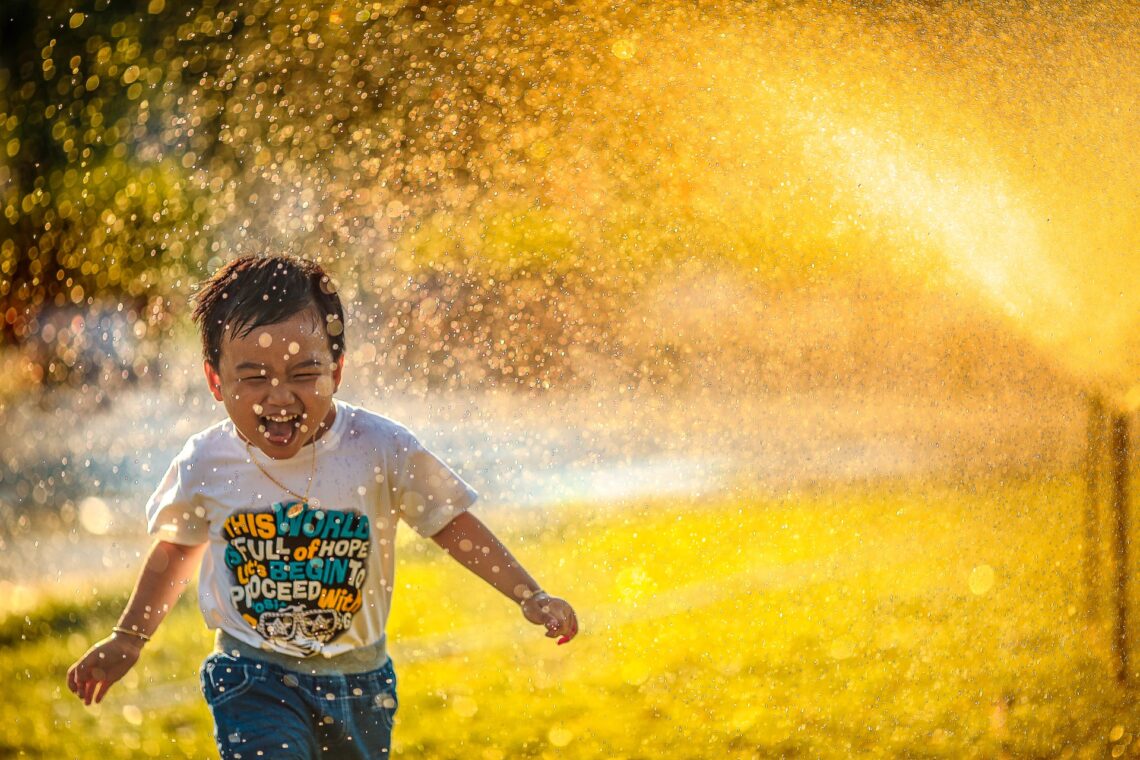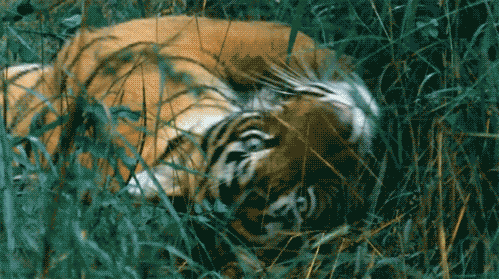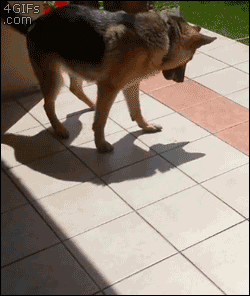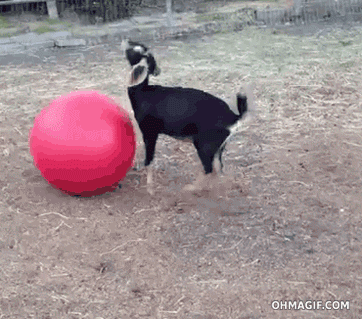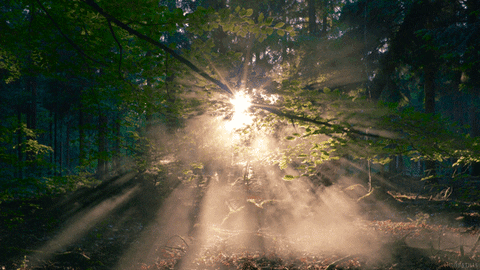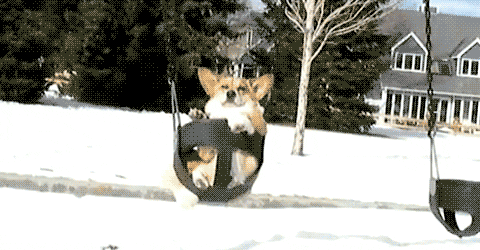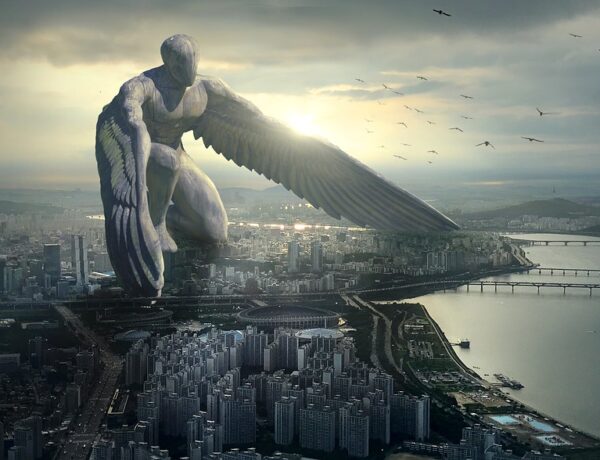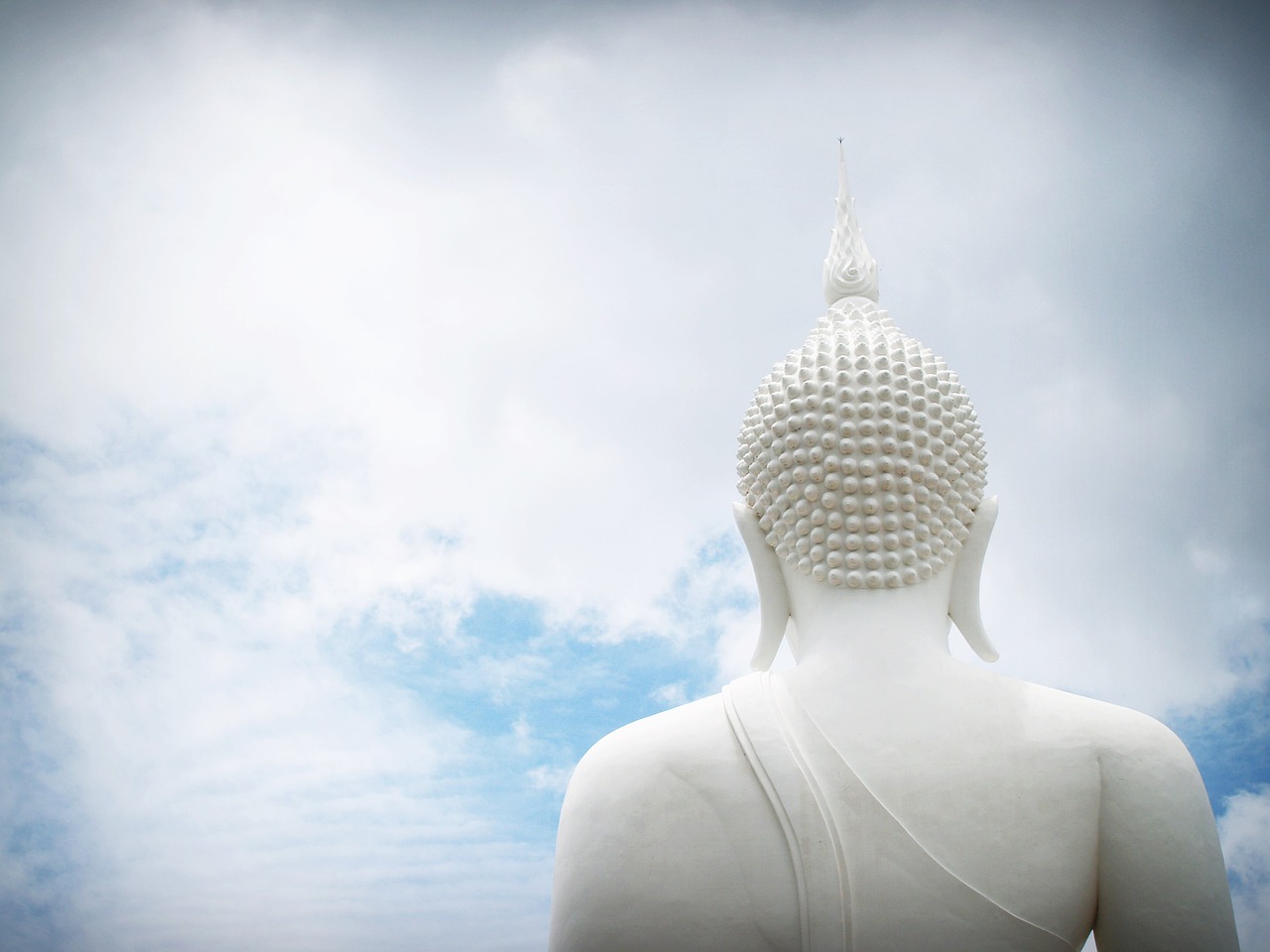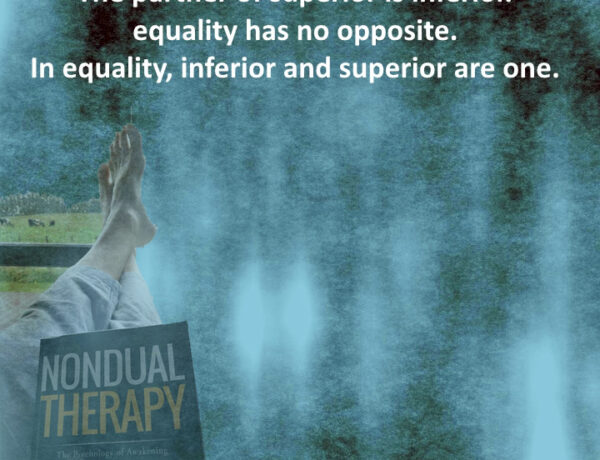Forget not that the earth delights to feel your bare feet and the winds long to play with your hair.
Khalil Gibran
When it comes to healing the psyche, an attitude of playfulness is a serious business.
Do you remember moments, perhaps in childhood, when life made sense without having to make sense at all? Perhaps there were periods of seamless belonging with others or in deep imaginative play alone. Maybe it was in that timeless exuberance of charging around with others, or in unbothered togetherness with an animal or piece of nature.
When we live with an open sense of playfulness, there is a seamless harmony between us and the environment. Difficulties and dissonances from the fringes of the heart are processed through the field of play. Children play “home” and “mummies and daddies” to integrate, gain insight, resolve and release some of the tensions in the environment. Competitive games help them center in a loving space out of which it’s possible to contain the stress of the self V other, or the kill-or-be-killed mentality of the environment. Fantasy worlds and daydreams allow the child to play with energy without interference from a discordant context, often helping them reset their boundaries, reclaim their energetic field, and resolve inner spaces that have become too contracted according to the conditions placed by outer authorities.
When we look to children, we can see that the field of play is tremendously important in the deeper mission of being alive and being here in freedom. Play brings the possibility of healing, integration, and transformation while supporting the restoration of the sense of self.

― Francis Lucille, The Perfume of Silence
This Side of the Grave
As we grow older, for most of us, life becomes ever more serious and consequential. Our simple sense of playfulness became morphed firstly into a high-stakes game and later to an all-out battle for survival an undefinable yet persistent threat. Failure is not an option, yet failure also feels inevitable.
Somewhere along the way, our joy of being alive is hijacked by winner-takes-all beliefs in separate survival. Falling from thriving to surviving, and from states of grace to fear of disgrace, we find ourselves embalmed in the biochemistry of impending doom. The simple freedom of being alive becomes intoxicated by the terror of having to survive. The life we have been trying to preserve is anyway hijacked through subterfuge in which we shutter the senses and lock down our true nature. Caught in patterns of stress and depression, chased by the forbidden experience we believe will be our annihilation, we deeply forget who, what and where we are, and we don’t have time to remember.
Sensing Life Beyond Senselessness
So often, as adults, we become defined by our work. Our profession is who we are, what we are, and determines where we are in the world. Our existence itself can be so founded on what we do in the world, that the loss of a job can feel like existential annihilation. Yet work itself can often feel futile, senseless, and punitive. All sense of play gets lost as occupation demands a degree of depression of our naturalness.
It can seem that the purpose of our lives is to work, and work must involve suffering – or else we are cheating. The very resonance of work is one of slavery. If we don’t work hard, in our jobs, at our relationships, on ourselves, then we don’t deserve to be happy. If we play easy, then we invite the worst.
We also begin to equate work with service, which is what gives us a chance of being a decent human being, (at least a little less guilty of existing). Being happy, joyful, or free is not seen as a service to the whole. Being careless is to neglect all care. If we are to play, we risk losing everything, inside-out. It could all work well in safely burying our naturalness, except that somewhere our longing for happiness aggravates us into a revisiting of purpose, because deep down, in our minds, hearts, guts, and bones, we remember who we truly are.
The Shadow and a Doubt
At first, it can be a rude awakening. Where there was the warmth of belonging, there is an enflamed anxiety around rejection. Where we used to move like a butterfly from one flower of pleasure to the next, sampling the nectars of experience; we now skip through points of pain and danger, strategizing evasion, plotting our escape, and conspiring to arrive somewhere other than where we are. In the grips of a self-appointed “real world”, made up of mortgages, pensions, and endless threats of sudden and unpredictable pain, we begin to treat the earlier reality of love, joy, playfulness, and wellbeing as an optional extra, an indulgence, perhaps even a dangerous temptation. With the real world now dictated by a shadow of fear, we are no longer too interested in being here, now, alive to the moment. It seems, that when we relax and open up, we will meet the amorphous devastation and isolation which is the punishment for the fatal error of our aliveness. Our biology longs for ease and wellbeing, but our mind is filled with contempt toward our naturalness. We learned our shadow lessons well:
“You are unreliable, law-breaking, disrespectful, ridiculous, not serious, unaccountable, selfish, indulgent, childish, foolish, untrustworthy, dangerous, embarassing, stupid, egocentric, crazy, criminal, irredeemable.
The Shadow
It will all end in tears.”
Now we are not only trying to get away from the danger on the outside, by sacrificing our naturalness, disciplining our freedom, and trading our joy for a future stake in worldly safety. Now, there is another danger – that we will become that horror. That we ourselves, through our accidental naturalness, or moments of playfulness, will be revealed as the incarnated source of all that is wrong – the perpetrator of misery. Energetically, we experience that something is wrong with us at the core. We become secretly centered in this unbearable sense of wrongness and are forced to deform our vitality in order to perform in such a way that we conform to an imagined outer authority – an external consciousness that could see that we are bad.
Reclaiming True Nature
Do you notice how our True Nature is now not only ignored but demonized by our collective conditioning? We first become possessed by fear, and then we find we are our own worst nightmare: our true nature is the source of all threatened future calamity – we must guard against our being who we naturally are.
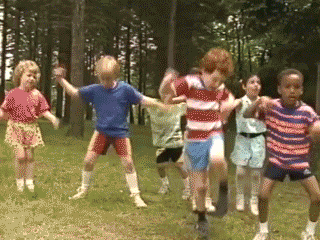
― Simona Ondrejkova
This is a suffering potential that is affirmed and consolidated with each “bad” thing that happens. The angels are experienced as cruel taskmasters, god as punitive, and the universe as inherently vindictive. When we fall into an especially contracted part of ourselves, we become super-serious and grandiose in our suffering. When we experience physical pain or disease, it is the gravest concern, almost holy. We become murderous toward any outsider who fails to take our pain seriously. This sets up the physiology of even more pain and discomfort, especially around the horror at the injustice of it all.
Return to Eden
How to turn these pathways of pain around and ride instead the counterflow of healing?
Playfulness is not in the first place an activity or behavior. In its essence, it is an attitude. When we adopt a playful attitude towards our inner experience, there is immediate permission for a greater space around the suffering. This spaciousness allows decontraction: the energy that was contracted om actual and anticipated pain is now decontracting. In this space, there can be a natural curiosity as to what is actually going on. So much of our suffering occurs in a spooky zone in which we lost connection with how the suffering actually feels.
Infinite Possibility
When we begin to experience what is actually happening in the here and now, we begin to center in the body – where all sensations are processed. Something of our sensuous nature comes to life and the senses begin to open again. In the immediacy of the body, the anticipated, imagined, future suffering falls away. Also, the memory of how we suffered in the past, returns to the past. In this physical moment of experience, anything is possible.
Anything is possible? That’s maybe a little scary. Return again to the field of playfulness. “Anything is possible” is the natural field of play, and is a fundamental law of all healing and transformation. Play a little, experience a little, we can always get the catastrophic sense of suffering back later if it doesn’t work out. But perhaps new opportunities will begin to emerge.
We are born knowing how to play. The more we allow the return of our inner sense of playfulness, the more we will begin to resonate with the playfulness outside of ourselves. Our senses will be open enough to notice the joy of the animals, charging open space just because a cloud shifted away from the sun. Our hearts will be free enough to share the adventure of love wherever she is revealed. Our minds will be awake enough to enjoy a return to a guilt-less creativity within the innocent revelation of our unfolding field of living experience.
Play is the mediator of the invisible and visible.
Dora M. Kalff
Jungian Therapist
“Play is the foundation of learning, creativity, self-expression, and constructive problem-solving. It’s how children wrestle with life to make it meaningful.”
Susan Linn
Contemporary American psychiatrist
“All meaningful, organic, and foundational learning is at heart playful and ludic.”
Marcelo Suárez-Orozco
Contemporary American professor of education
“Play is the primary way children were designed to learn.”
Kathy Hersh-Pasek and Roberta Golinkoff
Contemporary American psychologists
“Our brains are built to benefit from play no matter what our age.“
Theresa A. Kestly
Contemporary American psychologist
“The drive to play freely is a basic, biological drive. Lack of free play may not kill the physical body, as would lack of air, food, or water, but it kills the spirit and stunts mental growth.“
Peter Gray
Contemporary American psychologist
Ritual grew up in sacred play; poetry was born in play and nourished on play; music and dancing were pure play…. We have to conclude, therefore, that civilization is, in its earliest phases, played. It does not come from play…it arises in and as play, and never leaves it.
Johan Huizinga
Dutch historian
1872–1945

